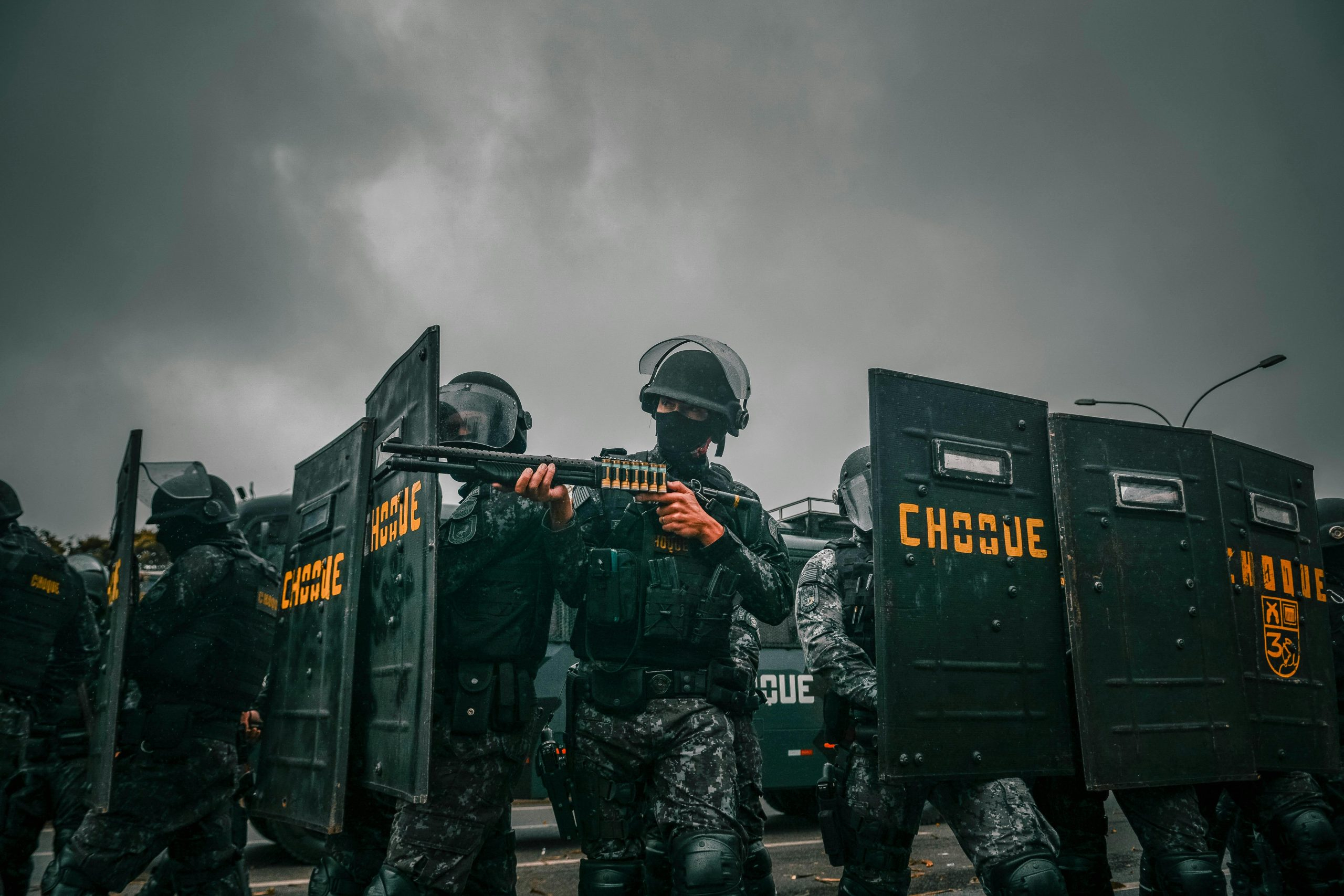International Humanitarian Law in Armed Conflicts
When conflicts arise, the consequences are often devastating for civilians caught in the crossfire. Innocent lives are lost, homes and communities destroyed, and people are left traumatized. In these times of war, it is crucial to have laws in place to protect those who are not directly involved in the conflict. This is where International Humanitarian Law (IHL) comes into play.
The Importance of International Humanitarian Law in Armed Conflicts
International Humanitarian Law is a set of rules that regulate the conduct of armed conflicts and seeks to protect people who are not or are no longer taking part in the hostilities. It is also commonly referred to as the Law of War or the Laws of Armed Conflict. These laws aim to protect the rights and dignity of all those affected by conflicts, including civilians, wounded and sick, prisoners of war, and medical personnel.
History of International Humanitarian Law
The roots of International Humanitarian Law can be traced back to ancient civilizations, where certain customs and practices aimed to protect the vulnerable during times of war. However, the first modern codification of these laws was the Geneva Convention of 1864, which focused on the care of the wounded and sick soldiers during armed conflicts. Since then, there have been numerous conventions, treaties, and protocols adopted by states to strengthen and expand the scope of IHL.
Key Principles of International Humanitarian Law
IHL is based on two main principles: distinction and proportionality. These principles must be upheld by all parties involved in an armed conflict to ensure that civilians and other non-combatants are not targeted and that the level of violence used is not excessive.
Distinction
The principle of distinction requires that parties to a conflict distinguish between civilians and combatants, as well as between civilian objects and military objectives. This means that civilians and civilian objects, such as homes, schools, and hospitals, should not be intentionally targeted. Combatants, on the other hand, are legitimate targets, but must be spared if they are no longer taking part in the hostilities, such as wounded soldiers or those who have surrendered.
Proportionality
The principle of proportionality requires that parties to a conflict use only the minimum amount of force necessary to achieve a legitimate military objective. This means that even if a target is considered a legitimate military objective, the level of violence used must not be excessive in relation to the anticipated military advantage.
Ensuring Compliance to International Humanitarian Law
While IHL has been adopted and ratified by many states, it is not always followed in times of war. Non-state armed groups, armed forces of states, and sometimes even state actors, have been known to disregard these laws, leading to devastating consequences for civilians. Therefore, it is crucial to have mechanisms in place to ensure compliance by all parties.
International Humanitarian Law in Practice
IHL is implemented and enforced by various actors and institutions, including the International Committee of the Red Cross (ICRC), which is the primary international organization responsible for promoting and disseminating IHL. The ICRC also provides humanitarian assistance, protection, and neutral intermediation in conflict situations.
Accountability for Violations
In recent years, there has been a growing emphasis on holding individuals and states accountable for violations of IHL. International criminal tribunals, such as the International Criminal Court, have been established to prosecute individuals responsible for war crimes, genocide, and crimes against humanity. There have also been efforts to enhance national legal frameworks to ensure that perpetrators of violations are held accountable in their own countries.
Conclusion
International Humanitarian Law is crucial in protecting civilians and minimizing the impact of armed conflicts on human lives. It provides a framework for the conduct of hostilities and ensures that even in the midst of war, there remains a basic level of humanity and respect for human rights. However, compliance and accountability are essential for IHL to be effective, and it is the responsibility of all parties involved in armed conflicts to uphold these laws and protect the innocent.
In conclusion, the importance of International Humanitarian Law cannot be overstated. In the words of Kofi Annan, former UN Secretary-General, “Even wars have limits; they should not be without restraints.” It is our collective duty to ensure that these restraints are respected and that the laws that protect those affected by conflicts are upheld.









